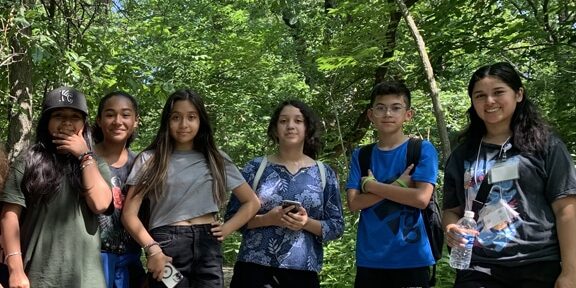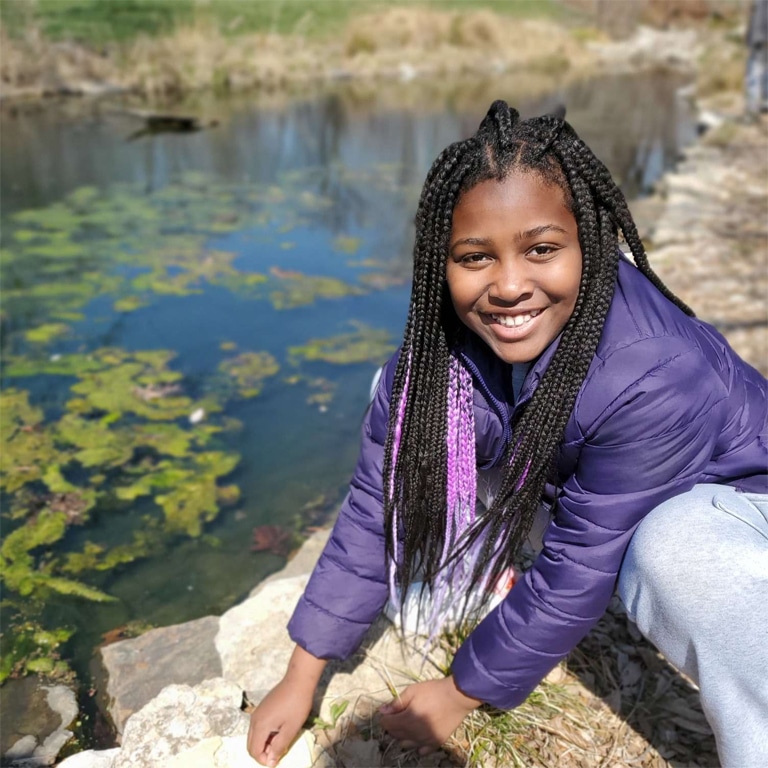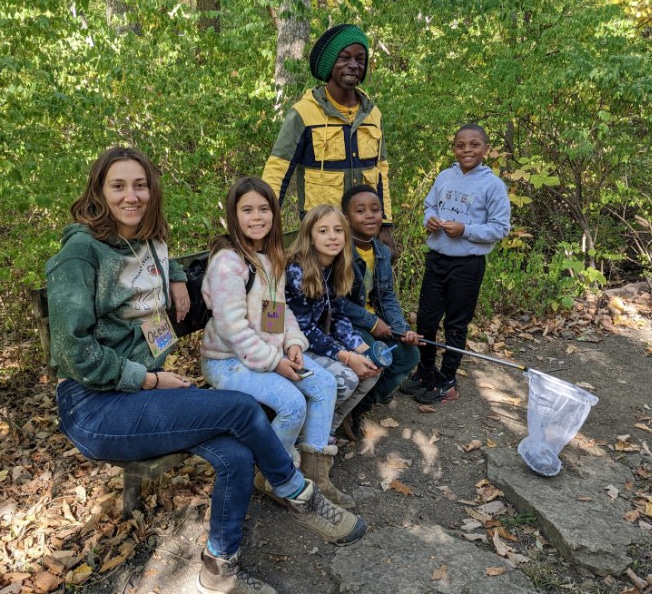As summer comes to an end, the excitement of a new school year begins. Fresh notebooks, new teachers, and a return to structured learning all signal the transition from the carefree days of summer to the busier days of fall. However, just because kids are back in the classroom doesn’t mean their time in nature should diminish. In fact, maintaining a connection with the natural world during the school year is more important than ever.
The Benefits of Nature for Growing Minds
Recent research highlighted in an article in The Guardian emphasizes the profound impact that green spaces have on children’s cognitive development. The study suggests that exposure to nature is not just beneficial—it might be essential for the developing brain. Green spaces can enhance memory, focus, and overall cognitive function in children, which are critical skills as they tackle academic challenges.
The natural environment provides a unique sensory experience that classrooms simply cannot replicate. The sights, sounds, and smells of nature stimulate different parts of the brain, encouraging creativity and problem-solving. Moreover, time spent outdoors has been linked to reduced stress and anxiety, which can contribute to better academic performance and overall well-being.
Why School Doesn’t Have to Mean Less Nature
As children return to school, parents and educators should prioritize maintaining their connection to the outdoors. Here are a few ways to integrate nature into the school routine:
- Outdoor Playtime: Encourage children to spend time outside during recess or after school. Whether it’s playing sports, exploring a park, or simply walking in the neighborhood, these activities provide much-needed breaks from structured learning.
- Nature-Based Learning: Schools can incorporate outdoor education into their curricula. Simple activities like nature walks, gardening projects, or even outdoor reading sessions can make learning more engaging and impactful.
- Weekend Adventures: Use weekends to explore local nature trails, parks, or even your own backyard. These experiences can refresh children’s minds and prepare them for the upcoming week. Green Works in Kansas City offers ECOS Nature Club, a great no-cost option for Saturday mornings in the fall and spring for 4th-7th graders!
- Green Spaces at School: Advocating for more green spaces in and around school grounds can also make a difference. School gardens, tree-lined paths, and outdoor classrooms offer daily access to the benefits of nature.
Balancing the Best of Both Worlds
The transition back to school doesn’t have to mean an end to outdoor adventures. On the contrary, integrating nature into the school year can help children thrive both academically and personally. By prioritizing time in nature, parents and educators can make the most of the growing evidence that green spaces are crucial for young brains. See this article in The Guardian for further insights into the importance of green spaces for young brains. Click here to sign your child up for ECOS Nature Club.





